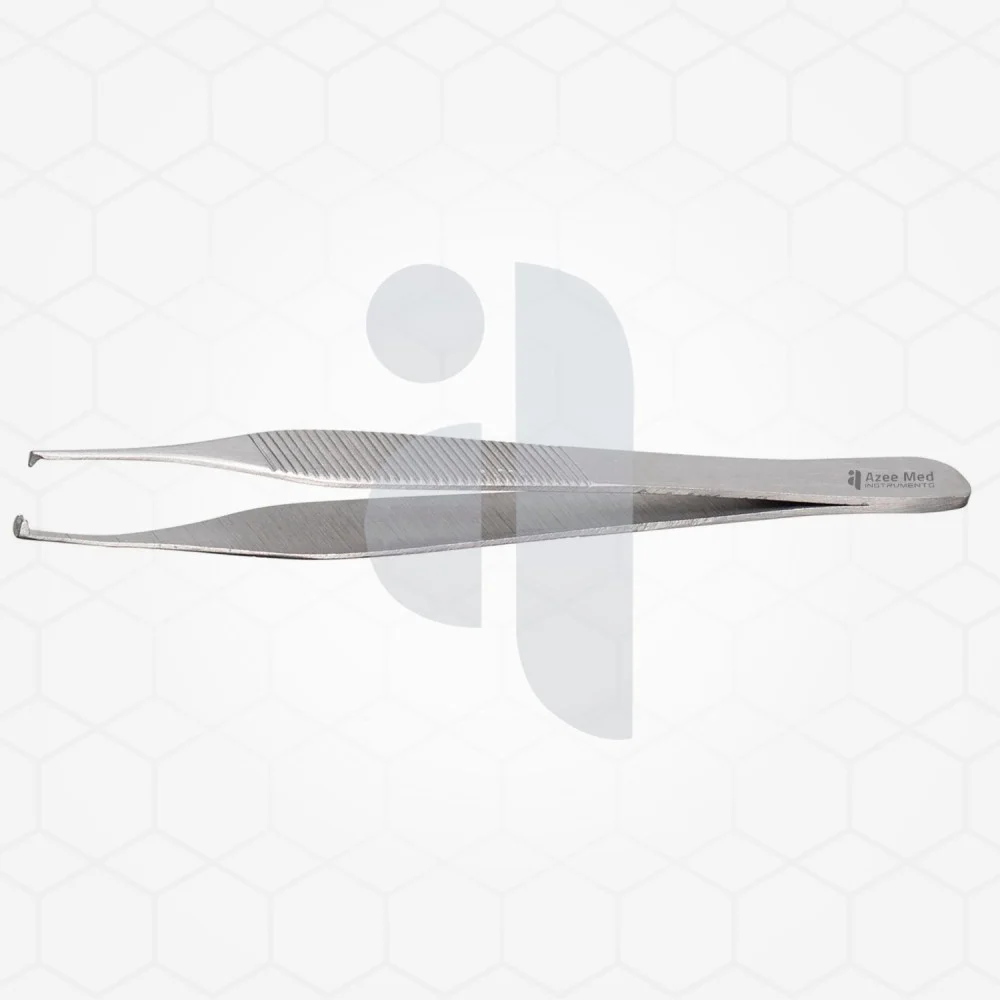Dissecting forceps are indispensable tools in various fields like biology, medicine, and laboratory work. These precision instruments are designed for handling delicate tissues and small objects during dissections or surgical procedures. Whether you’re a student, medical professional, or researcher, understanding dissecting forceps is vital for effective and safe use.

What Are Dissecting Forceps?
Dissecting forceps are a type of handheld instrument that resembles tweezers. These tools are specially designed for gripping, holding, and manipulating tissues or materials during sensitive procedures. Unlike regular tweezers, dissecting forceps are crafted with precision tips that allow users to perform tasks requiring a high level of accuracy. They are commonly used in biological laboratories, surgical wards, and veterinary practices.
Uses of Dissecting Forceps
The primary purpose of dissecting forceps is to enhance precision in dissection and surgical tasks. Some common uses include:
- Handling delicate tissues: They allow professionals to grip tissues without causing damage, making them invaluable in surgeries and research.
- Holding small objects: They are crucial during procedures that require manipulating small instruments or materials, such as sutures or slides.
- Dissection and study: Biologists use dissecting forceps to separate organs, tissues, or other biological structures for close examination.
By enabling firm yet gentle control, dissecting forceps are an essential tool for professionals who work in highly controlled environments.
Types of Dissecting Forceps
Dissecting forceps come in a variety of types to suit specific applications. Here are the most common ones:
- Straight Forceps: These have a linear design and are perfect for general-purpose dissections.
- Curved Forceps: Designed with a curved tip, these are ideal for accessing hard-to-reach areas.
- Toothed Forceps: Equipped with serrated edges, these are used for gripping tougher tissues securely.
- Non-Toothed Forceps: With smooth edges, these tools are perfect for holding delicate tissues without tearing or damaging them.
The choice of forceps depends on the specific requirements of the procedure or task at hand.
Materials Used in Dissecting Forceps
Dissecting forceps are crafted from materials that ensure durability, precision, and ease of sterilization. The most commonly used materials include:
- Stainless Steel: This is a popular choice due to its resistance to rust and ability to withstand high-heat sterilization processes.
- Titanium: Known for its lightweight and robust properties, titanium is commonly used in high-precision surgical applications.
- Plastic: Disposable plastic forceps are often used in laboratories to prevent contamination and for single-use purposes in sterile conditions.
Each material type has its own advantages, and the selection depends on the intended application and budget.
How to Maintain Dissecting Forceps
Proper maintenance is crucial to ensure the longevity and functionality of dissecting forceps. Here are some tips for care:
- Clean immediately after use: To avoid residue buildup, rinse the forceps with warm water and cleaning solutions compatible with the material.
- Sterilize appropriately: Use autoclaving, chemical sterilization, or other suitable methods to eliminate bacteria and other contaminants.
- Store in a dry environment: Protecting the instrument from moisture inhibits rusting and degradation.
- Inspect regularly: Check for any signs of wear, misalignment, or damage to maintain precision.
By following these practices, users can ensure their dissecting forceps remain effective for an extended period.
Conclusion
Dissecting forceps are essential tools in scientific and medical settings, offering precision and control for handling delicate materials and tissues. Understanding their uses, types, materials, and maintenance ensures optimum performance and safe handling. Whether in a laboratory, operating room, or classroom, dissecting forceps are invaluable for anyone working with intricate tasks that demand accuracy and care. By selecting the right type and ensuring proper maintenance, you can make the most of this versatile tool.



